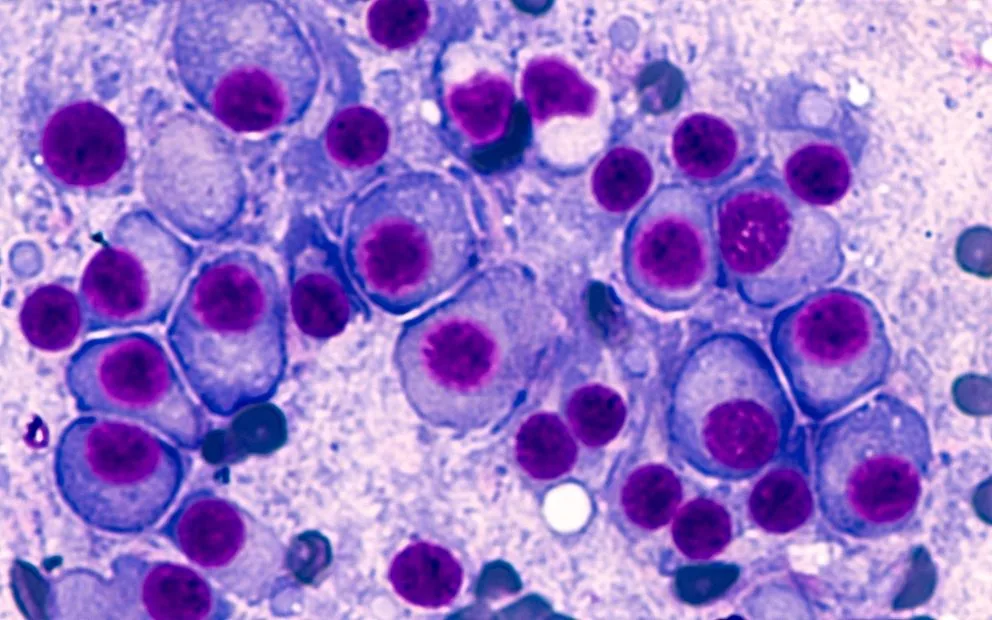Researchers are homing in on a new treatment target for the aggressive blood cancer multiple myeloma.
The University of Adelaide’s SAHMRI-based Myeloma Research Laboratory’s studies, published in Neoplasia, demonstrated for the first time, the importance of white blood cells called macrophages for the disease’s ability to establish and proliferate.
Lead author and PhD student Khatora Opperman says confirmation of the role played by macrophages in myeloma establishment and growth within the bone marrow, provides another avenue to attack multiple myeloma.
“Currently the majority of treatment options target the myeloma cells themselves but armed with this knowledge we can also look at targeting the cells supporting those malignant cells,” she said.
In a pre-clinical study, researchers eliminated macrophages in an established disease setting and observed a drastic reduction in the size of tumours.
“This is an exciting result, however there’s some way to go before it can be translated into a practical therapy,” Ms Opperman said.
“Given the vital role macrophages play in the immune system, we can’t eliminate or even significantly reduce them in people suffering multiple myeloma.”
Ms Opperman says more work is needed to isolate which macrophages, or characteristics of macrophages, are most important in promoting the progression of multiple myeloma.
“There are many different types of macrophage, so it could be that some are more relevant than others,” she said.
“The key influencer could also be something they secrete, or a particular molecule found on their surface.”
Multiple myeloma is a cancer caused by malignant plasma cells which localises in bone marrow. It is most common in people over 60 years old and almost all sufferers are older than 40. Around 1800 Australians are diagnosed with multiple myeloma each year, although its prevalence is increasing as the population ages.
Symptoms of multiple myeloma include bone pain, weakened bones, anaemia and a compromised immune system. The cause of the disease is still unknown and its prognosis is poor.



